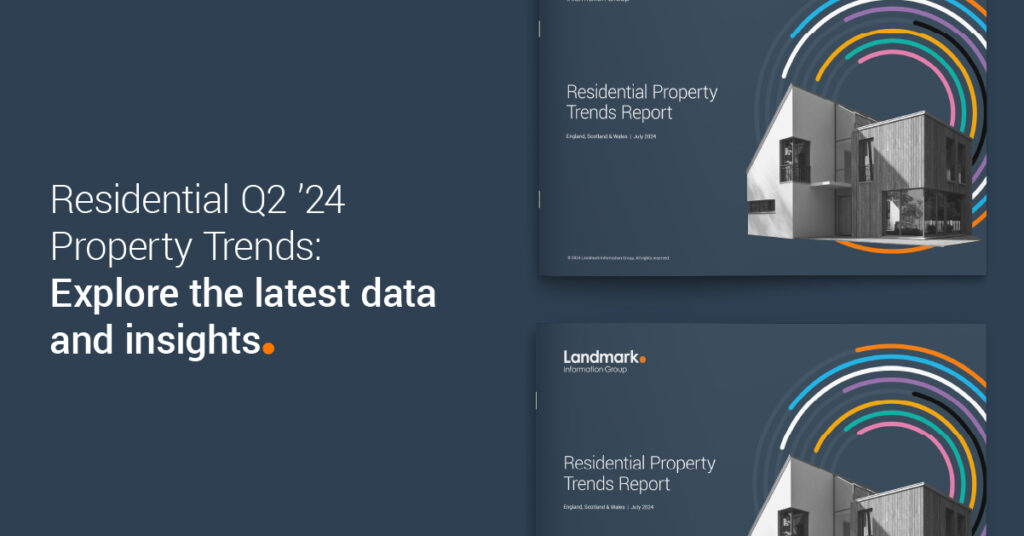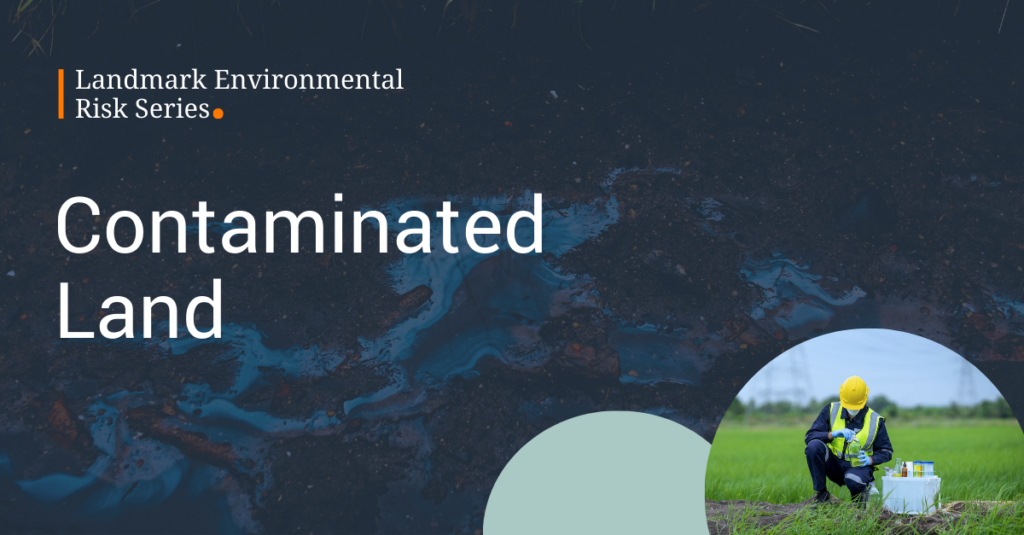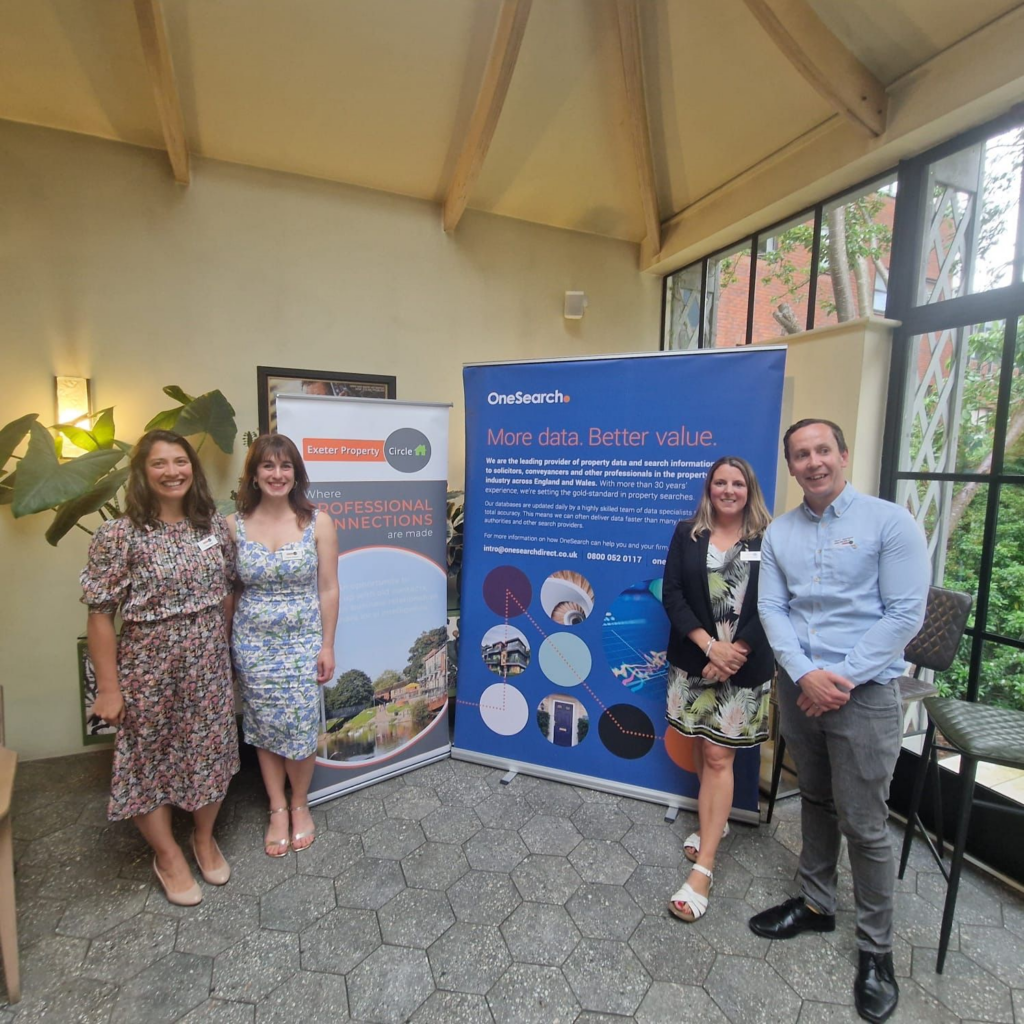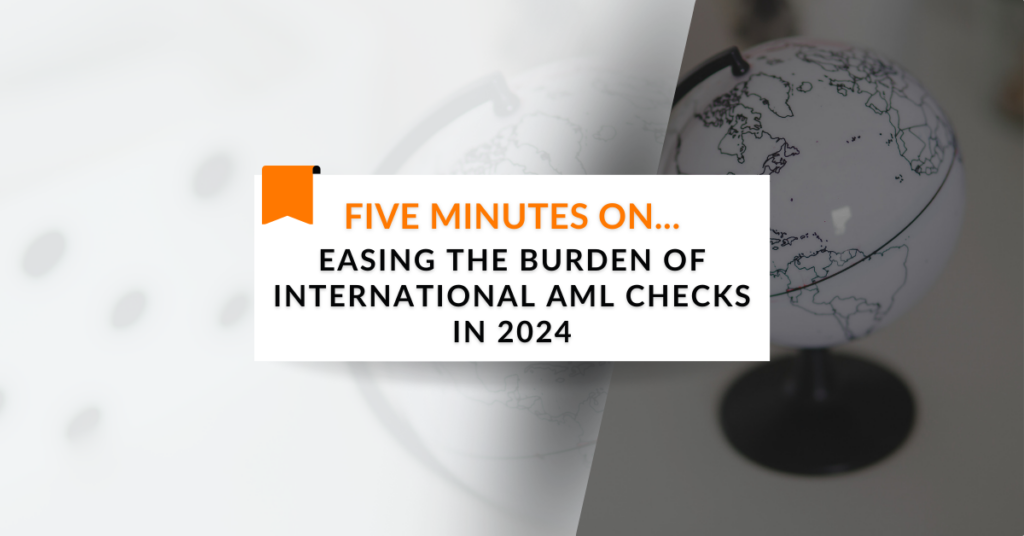
Often described as one of life’s more stressful events, the process of buying and moving into a new home can be made even more frustrating with unexpected curveballs, such as gazumping.
This five-minute read is designed to help you and your client understand the divisive tactic, as well as ways to keep the conveyancing process on track and prevent one less house buying headache.
- What is gazumping?
“One particularly painful gazumping came when our offer had been accepted and then someone swooped in with £80,000 more than us and the seller quite understandably switched buyers.”
Gazumping is when the seller, who has already verbally agreed one offer subsequently accepts a higher amount from another.
On paper, the house buying process is uncomplicated: a potential buyer finds a property for sale, arranges a viewing, and puts in a verbal offer. This gets accepted, and the process can move along the stages.
However, it’s rarely that straightforward; the local area may be subject to increasing demand, or on a wider scale, a housing shortage may mean the market leans more in favour of the seller. This means a) they’ll be a lot more potential buyers hunting for homes, and b) some may be able to bid higher amounts. - Is it legal?
Frustratingly for buyers, it is legal. If a legitimate bid is put forward on a house listed for sale, there is a legal obligation for the vendor to be made aware of it.
This is possible because verbal agreements are not legally binding. Once it becomes a written agreement, the sale can be enforced.
However, the process of preparing contracts takes time, and often won’t be until surveys and checks are carried out, at a cost to the potential buyer. - Can it happen in reverse?
It can: gazundering occurs when a buyer waits until a sale is almost complete before withdrawing their first offer and making a lower one.
This tactic may be used to call the bluff of the seller: accept the new amount or risk a loss of a sale, or worse, collapse an entire chain of property sales.
Whilst previous thought as the less common tactic of the two, In August 2022 claims were reporting that gazundering was occurring as regularly as once in every two transactions. - What does gazumping mean for my clients?
The decision that follows a gazumping is the hardest for the buyer: match or better the increased offer or walk away. The latter may come at a cost if non-refundable fees for searches have been processed, or worse – they have agreed the sale of their current house or given notice to leave rented accommodation. - What can be done to prevent gazumping?
There are methods that can be put in place at the start of the journey to buy, such as arranging a mortgage in principle, or working with a mortgage advisor or broker. These are designed to speed up the buying process, allowing for less time for any gazumping.
For our clients, we offer OneSearch Pledge: a warranty product that, if purchased along with your other search products from OneSearch, means we will reimburse search costs up to a maximum of £300 if the purchase of a new property falls through because of any of the reasons listed within our terms*.
- To learn more about OneSearch Pledge, and to see the full terms, you can download the product card here, alternatively or you can email intro@onesearchdirect.co.uk or call 01782 433270.
N.B. OneSearch Pledge is not an insurance product. It is a warranty add-on provided with a bundle of searches purchased from OneSearch Direct. The cost of purchasing this product will not be included in any reimbursement. Only products included in the same order as OneSearch Pledge will be covered under these terms, and to a maximum value of £300.
Related Articles

Landmark residential property trends report Q2 ‘24 – July 2024

Landmark Environmental Risk Series: Contaminated Land

Landmark Environmental Risk Series: Storm Babet

OneSearch attend Exeter Property Circle Annual Summer Party

Five minutes on… Easing the Burden of International AML Checks in 2024

OneSearch Appoints Business Development Manager

Video | How to Complete AML Checks in Minutes

New Anti-Money Laundering check simplifies compliance for property professionals

What is the true cost of AML for conveyancers?

